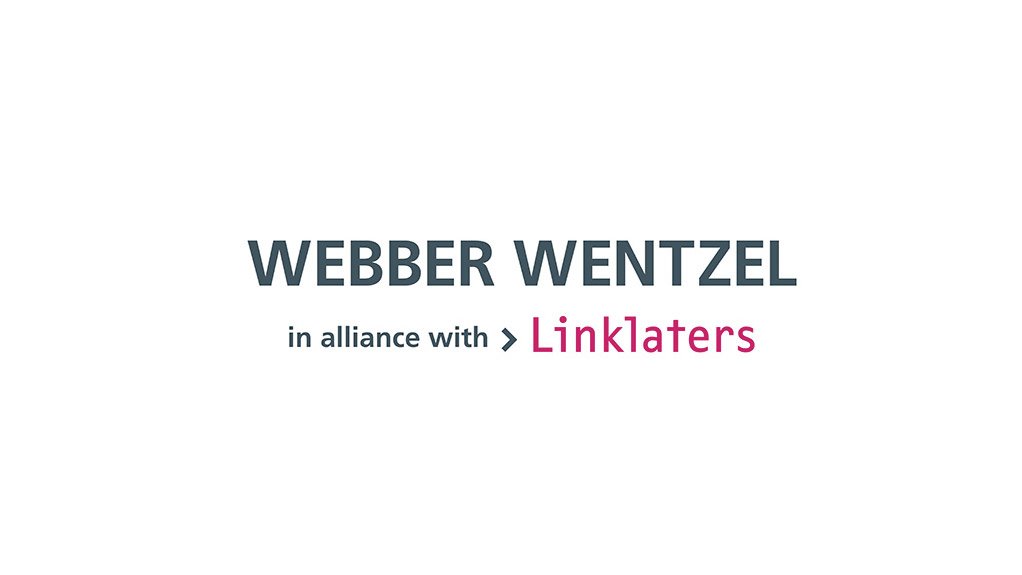Increasingly, mining companies will have to satisfy lenders that they meet high ESG standards, particularly on business and human rights
For a long time now, miners’ development and capital projects have been subject to stringent environmental and social safeguards imposed by lending and other financing agreements. Recently, though, Southern African and international lending institutions have begun to demand higher standards of ESG-related compliance from mining companies, who risk being refused funding or even having their funding withdrawn if their performance is considered to be unsatisfactory.
In particular, there is greater scrutiny of the issue of business and human rights, as parts of the mining sector have been implicated in human rights abuses – particularly in conflict-affected and high-risk countries. Banks and other lending institutions can be directly linked to human rights violations by lending or extending other financial support to companies responsible for violating human rights.
This scrutiny reflects the fact that banks and lending institutions have embraced ESG and the importance of incorporating human rights protection into business operations.
In 2011, the United Nations Human Rights Council endorsed the United Nations Guiding Principles on Business and Human Rights (UNGPs), the first global standard addressing the role of business in human rights.
According to the UNGPs, all businesses, including banks, should respect human rights and address adverse human rights impacts with which they are involved. They should accomplish this though a management system approach. This entails: (1) developing a human rights policy; (2) addressing the role of business in actual and potential human rights impacts, acting on the findings, tracking the effectiveness of the response, and communicating that process; and (3) creating processes to remediate impacts that they cause or to which they contribute.
These issues are particularly relevant in mining jurisdictions like the Democratic Republic of the Congo (DRC). According to the United Nations Office for the Coordination of Humanitarian Affairs, the DRC remains one of the world’s most complex and protracted humanitarian crises in the world, where an estimated 27-million people are in need of humanitarian assistance and protection in 2022.
From a banking perspective, whether funding has been or is yet to be approved, mining companies are expected to report to a high standard on key risk areas in their operations. If shortcomings are flagged, borrowers will be required to take remedial action and report on it to their lenders. There is also a clear risk that mining companies that claim to be meeting certain standards will be the target of greenwashing litigation if they are found to have fallen short.
Banks may usefully conduct human rights due diligence into potential borrowers or require due diligence to be conducted by external and independent consultants, by building on existing anti-money laundering, anti-corruption and sanctions compliance systems, as well as risk management frameworks such as the Equator Principles. These processes already identify actors and contexts that may also be linked to significant adverse human rights impacts.
Mining companies that are anxious to satisfy lenders’ requirements are urged to follow closely the three pillars of the UNGPs as well as other international norms and standards. The banks may also specify particular principles as a condition for funding, which is becoming far more prevalent as funders themselves are being held to account to ensure compliance with their investor demands and mandates.
It is only a matter of time before external auditing of a mining company’s adherence to human rights principles becomes a standard reportable feature in the financial sector.
Written by Rashaad Carrim, Partner, Pooja Dela, Partner & Paula-Ann Novotny, Senior Associate from Webber Wentzel
EMAIL THIS ARTICLE SAVE THIS ARTICLE ARTICLE ENQUIRY
To subscribe email subscriptions@creamermedia.co.za or click here
To advertise email advertising@creamermedia.co.za or click here











